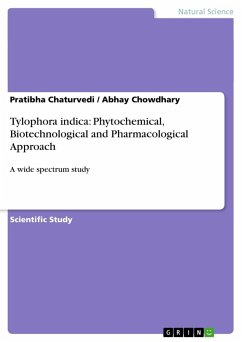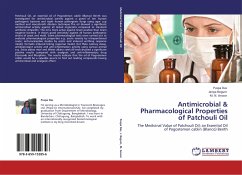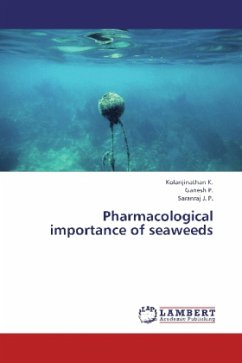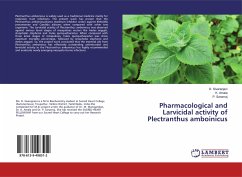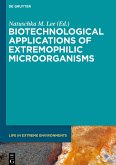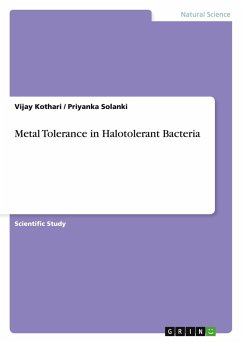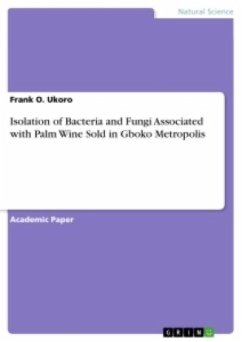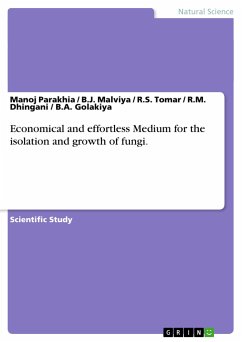Scientific Study from the year 2014 in the subject Biology - Micro- and Molecular Biology, , course: Post Doctoral Research Work, language: English, abstract: Tylophora indica (family Asclepeadaceae) is experimental plant that has been used in the present study. The leaves and roots of Tylophora indica have emetic, cathartic, laxative, expectorant, diaphoretic and purgative properties. It has also been used for the treatment of allergies, cold, dysentery, hay fever and arthritis. It has reputation as an alterative and as a blood purifier, often used in rheumatism and syphilitic rheumatism. Root or leaf powder is used in diarrhea, dysentery and intermittent fever. Dried leaves are emetic diaphoretic and expectorant. It is regarded as one of the best indigenous substitute for ipecacuanha. It is traditionally used as a folk remedy in certain regions of India for the treatment of bronchial asthma, inflammation, bronchitis, allergies, rheumatism and dermatitis. It also seems to be agood remedy in traditional medicine as anti-psoriasis, seborrhea, anaphylactic and leucopenia. The experimental plant of Tylophora indica was procured from Kelkar farm house, Mulund, Mumbai, India (The latitude coordinate of Mumbai is 18 degree 58' 30 North and longitude coordinate is 72 degree 49' 32" East) in the month of April. It has many secondary metabolite viz Tylophorin,Kaempferol and Stigmasterol. Among them tylophorin, an anti asthmatic and anti cancerous phenanthro indolizidine alkaloid is the main constituent of Tylophora indica. The experiments related to Phytochemical studies, Biotechnological studies, Pharmacological studies, BioEnhancement of Chief secondary metabolites and Microbiological studies were carried out which have given the significant results.The Book covers the various aspects and devided into following chapters 1. About Experimental plant2. BioChemical studies3. Pharmacological studies4. Biotechnological studies5. Enhancement of Secondary metabolitesin tissue culture 6. Microbiological studies. Book is suffiecient to illustrate a broad spectrum of various protocols that have been used in all experiments , can be followed by reader easily.
Hinweis: Dieser Artikel kann nur an eine deutsche Lieferadresse ausgeliefert werden.
Hinweis: Dieser Artikel kann nur an eine deutsche Lieferadresse ausgeliefert werden.

